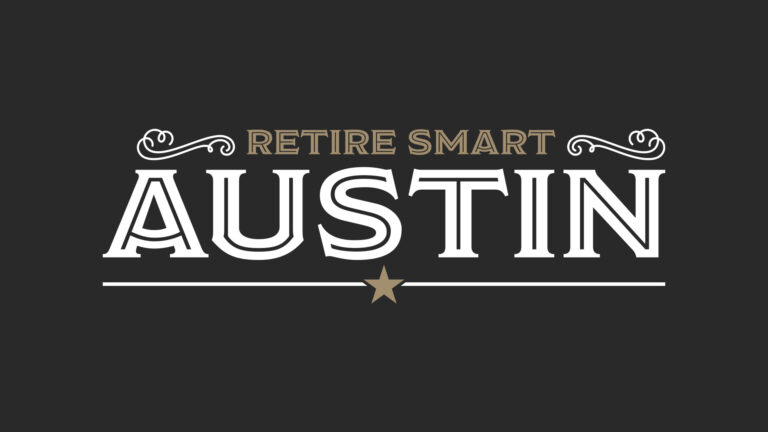- Who We Are
- Empower Solutions
- Media Library
-
Featured
What's New
Federal Reserve data shows sharp rise in amount Americans 65 and older owe Americans across generations...Saving and investing early, often, and continuously throughout your entire working career is absolutely...No posts found
-
- Events
- Form CRS
- Contact




